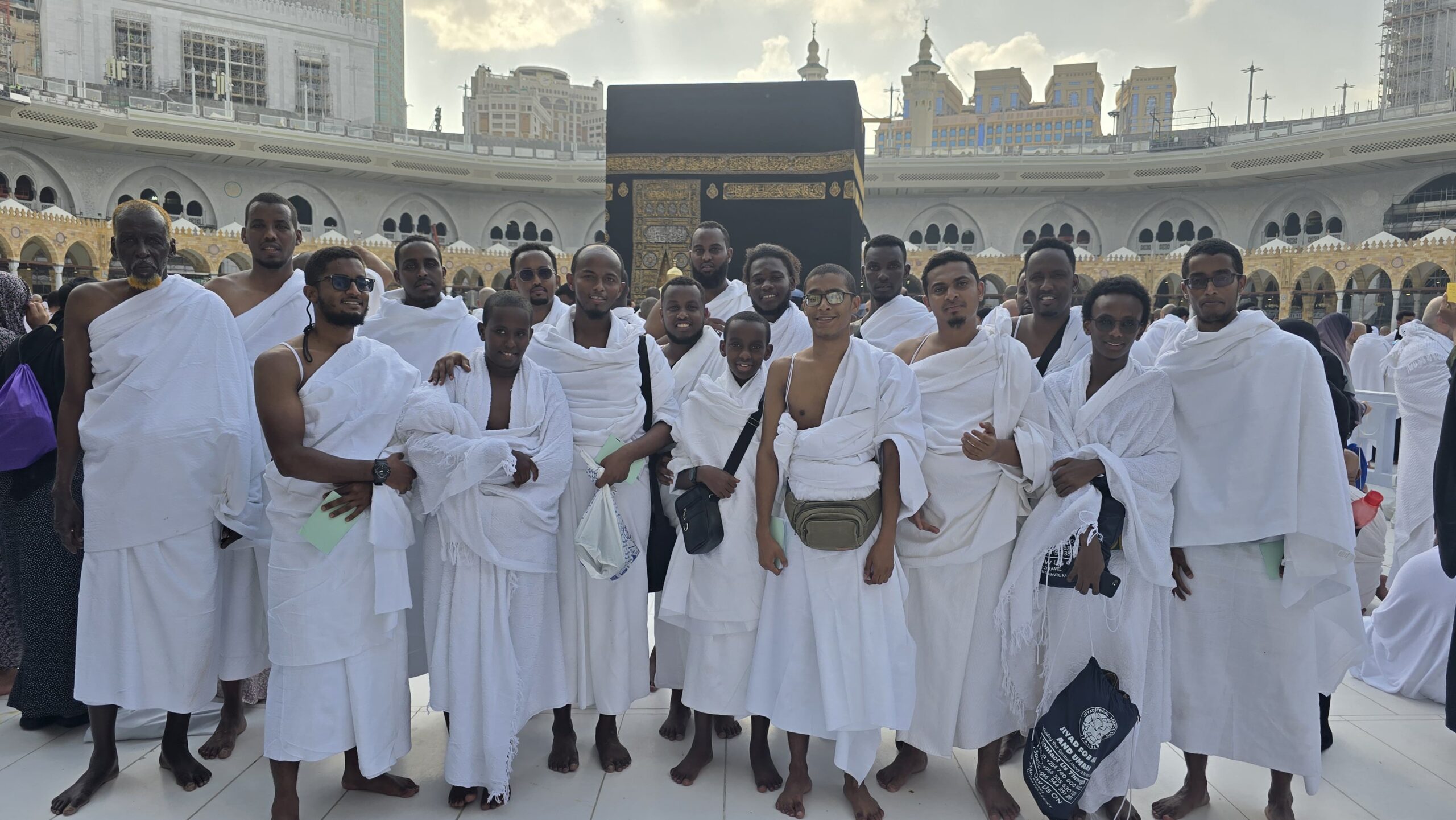
Going for Hajj in 2025? Do These 10 Things Before You Leave
The opportunity to perform Hajj is a divine invitation an experience that transforms the heart, mind, and soul. If you’re

Umrah is a spiritual pilgrimage to the holy city of Makkah that can be performed at any time of the year. Unlike Hajj, which is obligatory and restricted to specific dates, Umrah is a voluntary act of worship that brings immense spiritual reward. Though simpler and shorter than Hajj, the significance of Umrah lies in […]
Umrah is a spiritual pilgrimage to the holy city of Makkah that can be performed at any time of the year. Unlike Hajj, which is obligatory and restricted to specific dates, Umrah is a voluntary act of worship that brings immense spiritual reward. Though simpler and shorter than Hajj, the significance of Umrah lies in the purification of the soul and drawing closer to Allah. At Jiyad Travels, we understand the deep meaning behind this sacred journey, and we’ve prepared this ultimate guide to help you through every step — from preparation to performing the rituals.
To begin your journey, there are a few important preparations to make. First, ensure all your documents are in order: a valid passport, a Saudi Umrah visa, confirmed return flights, hotel bookings in Makkah and Madinah, and required vaccination certificates (such as meningitis or COVID-19 if applicable). It’s also helpful to carry essential items like Ihram garments (two unstitched white cloths for men and loose, modest clothing for women), unscented toiletries, a small prayer mat, a power bank, and a light backpack. Remember to pack light but smart.
The first spiritual milestone on your journey is entering the state of Ihram, a sacred state of purity and intention. Pilgrims wear the Ihram garments at designated Miqat points (entry stations) and make the intention (niyyah) for Umrah. The pilgrim then begins reciting the Talbiyah: “Labbayk Allahumma Umrah, Labbayk laa shareeka laka Labbayk…” This marks the beginning of the pilgrimage. While in Ihram, pilgrims must avoid perfumes, cutting hair or nails, arguing, or harming any living creature.
Upon arrival in Makkah, your Umrah rituals begin. The first act is Tawaf – circling the Kaaba seven times in a counter-clockwise direction, starting from the Black Stone (Hajr al-Aswad). With each round, you engage in du’a and remembrance of Allah. After Tawaf, perform two rak’ahs of prayer near Maqam Ibrahim if possible. Next comes Sa’i, the walking between the hills of Safa and Marwah seven times, beginning at Safa and ending at Marwah. It is a reenactment of the actions of Hajar (AS), the wife of Prophet Ibrahim (AS), and symbolizes faith and perseverance.
The final step in Umrah is the cutting or shaving of hair — known as Halq for a complete shave (preferred for men), or Taqsir, a partial shortening. Women are required to trim a fingertip’s length from the end of their hair. After this step, pilgrims exit the state of Ihram, and the Umrah is complete.
While not a part of Umrah, many pilgrims take the opportunity to travel to Madinah — the second holiest city in Islam — to visit the Prophet Muhammad’s ﷺ mosque. A visit to Masjid an-Nabawi, particularly to offer prayers in the Rawdah, is highly encouraged. Other spiritually enriching sites include Quba Mosque, Mount Uhud, and Jannat al-Baqi, the resting place of many companions and family members of the Prophet ﷺ.
To make your journey smoother and more meaningful, keep in mind a few helpful tips. Stay hydrated, especially during Tawaf and Sa’i. Wear comfortable footwear, secure your belongings, and always remain patient — large crowds can be overwhelming, but remember, every step taken in the path of worship brings immense reward. Remain in dhikr (remembrance of Allah), recite du’as, and make the most of this spiritual experience.
At Jiyad Travels, we believe Umrah is more than just a journey — it’s a deeply personal act of devotion. Since 2018, we’ve guided thousands of pilgrims with care, clarity, and heartfelt service. From choosing the right package to guiding you in the holy cities, we are here for every moment of your journey. May your Umrah be accepted and filled with peace, blessings, and closeness to Allah.

The opportunity to perform Hajj is a divine invitation an experience that transforms the heart, mind, and soul. If you’re

As the Hajj season approaches, Saudi Arabia’s Ministry of Interior has introduced stringent measures aimed at safeguarding the sanctity and

Powered by haydar.in